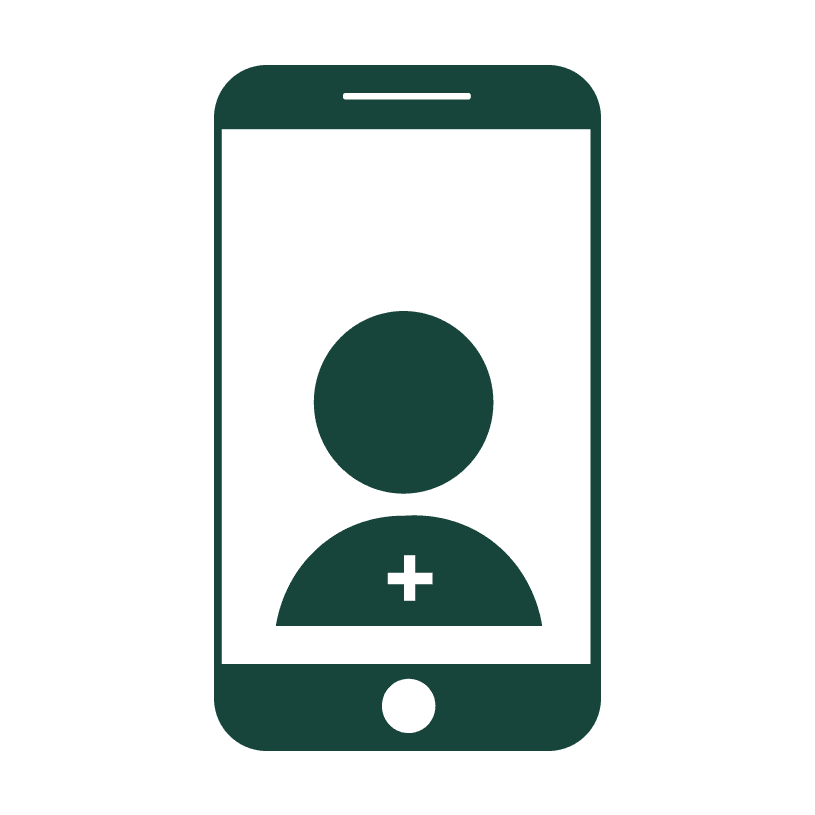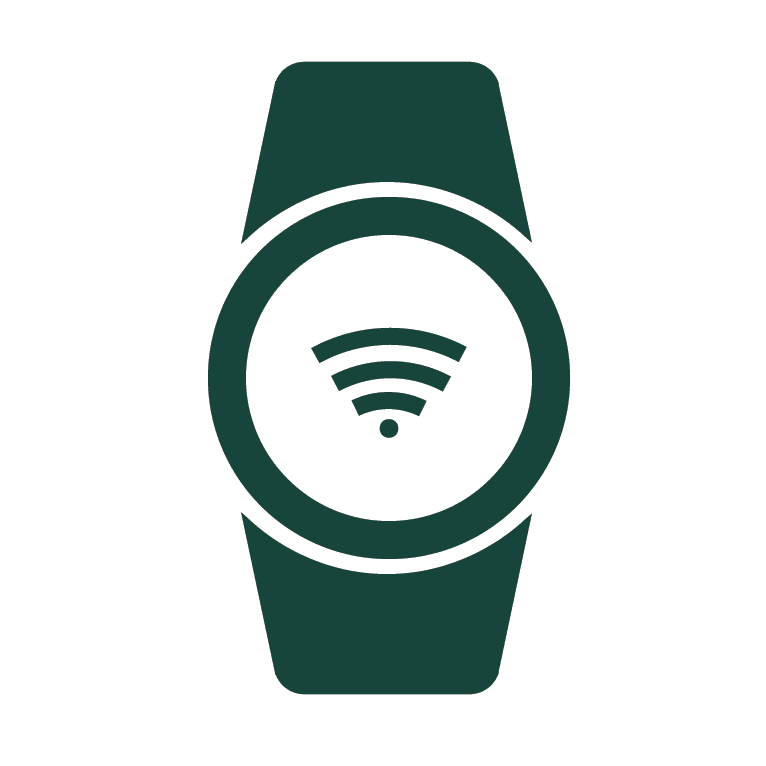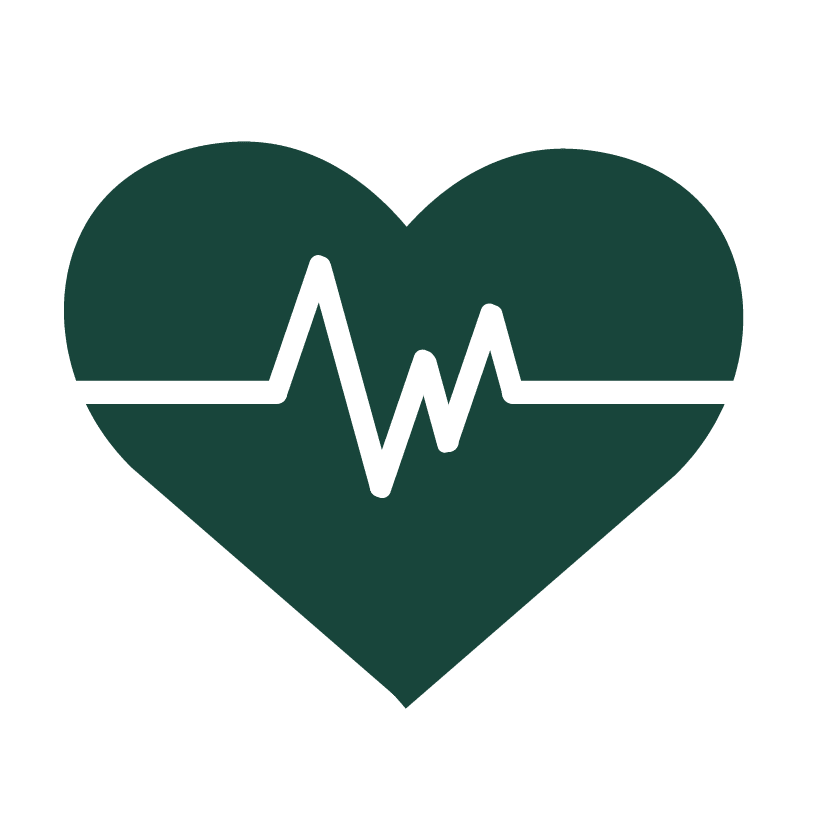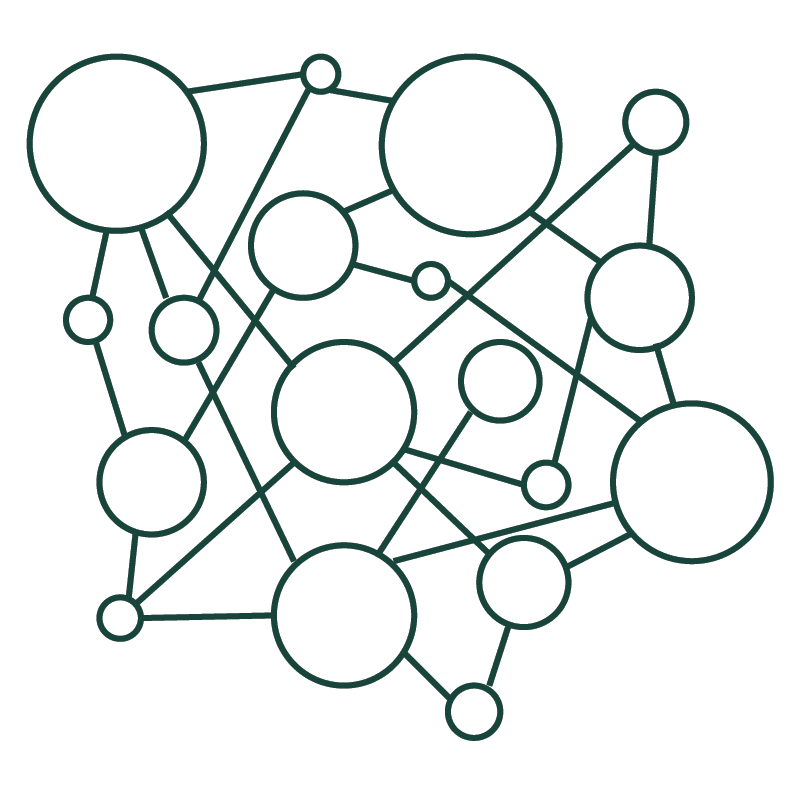Smart Health Research
Cyber Security
High-assurance systems and cybersecurity at different layers of communications. With more and more of our devices now connected to the internet, our faculty researchers at MSU are working to ensure that our IoT networked devices are safe and secure from outside attacks.
- Detecting wormhole attacks in a 3d wireless network
- Protecting distributed multiagent systems from cyberattack
- Building the next generation of IoT cybersecurity using a cognitive protection system
- Counteracting jamming attackers in wireless networks
- SecWIR: securing smart home IoT communications via Wi-Fi routers with embedded intelligence
- Access control with delegation for smart home applications
- Secure wireless monitoring and control systems for smart grid and smart home
- RELAX: a language to address uncertainty in self-adaptive systems requirement
- A Lightweight Block Validation Method for Resource-Constrained IoT Devices in Blockchain-Based Applications
- CapChain: A Privacy Preserving Access Control Framework Based on Blockchain for Pervasive Environments

Telehealth
Mobile devices are allowing medical professionals to deliver healthcare directly with clinical contact, diagnosis, education, reminders and monitoring. At MSU, our faculty researchers are working to expand the role of Telehealth and developing user-centric apps that improve medical outcomes.
- Developing a patient-centered mhealth app A tool for adolescents with type 1 diabetes and their parents
- Patient-Centered Methods for Designing and Developing Health Information Communication Technologies: A Systematic Review
- Using User Feedback to Develop a Website MyT1DHope for Parents of Children with T1D
- Exploring the Challenges and Opportunities of Health Mobile Apps for Individuals with Type 2 Diabetes Living in Rural Communities
- The design and development of MyT1DHero: A mobile app for adolescents with type 1 diabetes and their parents
- Patients Perceptions of Telemedicine Visits Before and After the Coronavirus Disease 2019 Pandemic
- Self-Directed Telehealth Parent-Mediated Intervention for Children With Autism Spectrum Disorder: Examination of the Potential Reach and Utilization in Community Settings
- Exploring user needs for a mobile behavioral-sensing technology for depression management: Qualitative study
- Multilayered Social Dynamics and Depression Among Older Adults: A 10-Year Cross-Lagged Analysis
- The Use of Wearable Activity Trackers Among Older Adults: Focus Group Study of Tracker Perceptions, Motivators, and Barriers in the Maintenance Stage of Behavior Change
- FamilyLog: A mobile system for monitoring family mealtime activities
- Keep Using My Health Apps: Discover Users’ Perception of Health and Fitness Apps with the UTAUT2 Model
- Content Analysis of Diet Related Mobile Apps A Self Regulation Perspective
- Enhancing Healthy Behaviors Through Virtual Self: A Systematic Review of Health Interventions Using Avatars
- Online self-tracking groups to increase fruit and vegetable intake: A small-scale study on mechanisms of group effect on behavior change
- Factors Associated with Older Adults’ Long-Term Use of Wearable Activity Trackers
- Design and Evaluation of a Computer Game to Promote a Healthy Diet for Young Adults
- Using Active Video Games for Physical Activity Promotion: A Systematic Review of the Current State of Research

Sensors & Wearables
From watches and smart fabrics to advanced sensors on our mobile phones, faculty research at MSU continue to develop new and innovative sensors to provide advanced monitoring of health and wellness.
- BodyScan: Enabling radio-based sensing on wearable devices for contactless activity and vital sign monitoring
- Personal Sensing: Understanding Mental Health Using Ubiquitous Sensors and Machine Learning
- HeadScan: A Wearable System for Radio-Based Sensing of Head and Mouth-Related Activities
- Exploring user needs for a mobile behavioral-sensing technology for depression management: Qualitative study
- DoppleSleep: A contactless unobtrusive sleep sensing system using short-range doppler radar
- MyBehavior: Automatic Personalized Health Feedback from User Behaviors and Preferences using Smartphones
- MobileDeepPill: A Small-Footprint Mobile Deep Learning System for Recognizing Unconstrained Pill Images
- Mobile Phone Sensor Correlates of Depressive Symptom Severity in Daily-Life Behavior: An Exploratory Study
- Automated Personalized Feedback for Physical Activity and Dietary Behavior Change With Mobile Phones: A Randomized Controlled Trial on Adults
- BodyBeat: A mobile system for sensing non-speech body sounds
- 4D Printing of Stretchable Supercapacitors via Hybrid Composite Materials
- Robust and High-Performance Electrodes via Crumpled Au-CNT Forests for Stretchable Supercapacitors
- Ti3C2Tx MXene-Reduced Graphene Oxide Composite Electrodes for Stretchable Supercapacitors
- Highly Stretchable Supercapacitors via Crumpled Vertically Aligned Carbon Nanotube Forests
- Printed Diodes Materials Processing, Fabrication, and Applications
- ISelf: Towards cold-start emotion labeling using transfer learning with smartphones
- Acousticcardiogram: Monitoring Heartbeats using Acoustic Signals on Smart Devices
- Flexible and biocompatible polypropylene ferroelectret nanogenerator (FENG): On the path toward wearable devices powered by human motion
- Vernier: Accurate and Fast Acoustic Motion Tracking Using Mobile Devices
- Internet of things meets brain-computer interface: A unified deep learning framework for enabling human-thing cognitive interactivity
- Boosting mobile apps under imbalanced sensing data
- Know your mind: Adaptive cognitive activity recognition with reinforced CNN
- Scalable diagnostic screening of mild cognitive impairment using AI dialogue agent
- A novel two-body sensor system to study spontaneous movements in infants during caregiver physical contact
- Self-Ranging Thumb-sized Multichannel Electrochemical Instrument for Global Wearable Point-of-Care Sensing
- A Compact Low-Power Current-to-Digital Readout Circuit for Amperometric Electrochemical Sensors
- Ambulatory assessment of phonotraumatic vocal hyperfunction using glottal airflow measures estimated from neck-surface acceleration

Cardiac Care
Faculty at MSU are working to improve our understanding of heart health and developing next generation predictive models to help detect heart issues before they become dangerous.
- Bioactive Lipid Signaling in Cardiovascular Disease, Development, and Regeneration
- Generation of Heart Organoids Modeling Early Human Cardiac Development Under Defined Conditions
- Predictors of occult paroxysmal atrial fibrillation in cryptogenic strokes detected by long-term noninvasive cardiac monitoring
- Efficient estimation of personalized biventricular mechanical function employing gradient-based optimization
- A Novel Method for Quantifying Smooth Regional Variations in Myocardial Contractility Within an Infarcted Human Left Ventricle Based on Delay-Enhanced Magnetic Resonance Imaging
- Organ-level validation of a cross-bridge cycling descriptor in a left ventricular finite element model: Effects of ventricular loading on myocardial strains
- Computational quantification of patient-specific changes in ventricular dynamics associated with pulmonary hypertension
- Force-dependent recruitment from myosin OFF-state increases end-systolic pressure–volume relationship in left ventricle
- Model of Anisotropic Reverse Cardiac Growth in Mechanical Dyssynchrony
- Effects of exercise interventions on cardiovascular health in individuals with chronic, motor complete spinal cord injury: Protocol for a randomised controlled trial
- Left Ventricular Structure and Function in Elite Swimmers and Runners

SmartHealth AI
Healthcare services can generate a significant amount of data leaving healthcare providers sometimes overlooking crucial clues that may delay a critical diagnosis. The faculty at MSU are using Machine Learning to improve critical healthcare decision making.
- Metapred: Meta-learning for clinical risk prediction with limited patient electronic health records
- Regularized multi-source matrix factorization for diagnosis of alzheimer’s disease
- A methodology for structural health diagnosis and assessment using machine learning with noisy and incomplete data from self-powered wireless sensors
- Adaptive tracking control of nonlinear systems using reinforcement learning
- Machine Learning and Decision Support in Critical Care
- The effects of deep network topology on mortality prediction
- Reproducibility in machine learning for health
- Optimal medication dosing from suboptimal clinical examples: A deep reinforcement learning approach
- A data-driven approach to optimized medication dosing: A focus on heparin
- Predicting medical nonadherence using natural language processing
- A Deep Deterministic Policy Gradient Approach to Medication Dosing and Surveillance in the ICU
